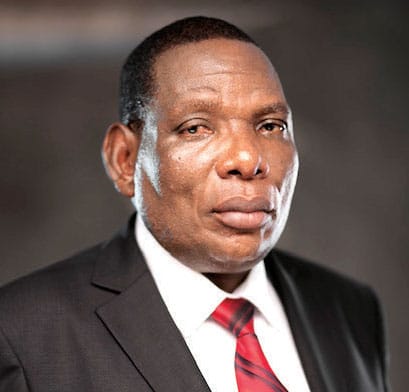By Burnett Munthali
The High Court in Blantyre has commenced hearings on an application by five Malawians who are challenging the legality of using national identity cards (IDs) as the sole form of identification for voting in elections. The applicants, George Chipwaira, Godfrey Banda, Alex Phillip Dimba, James Chitsulo, and Crino Masulani, are contesting the provisions outlined in Section 12 of the Presidential, Parliamentary, and Local Government Elections Act of 2023.
The section in question mandates that the Malawi Electoral Commission (MEC) accepts only the national ID as the identifier for voters in upcoming elections. The five applicants argue that this restriction unfairly limits the rights of some Malawians who may not possess national IDs, effectively disenfranchising them from participating in the democratic process.
Presiding over the case is Justice Mandala Mambulasa, with renowned lawyers Kalekeni Kaphale and Felix Tambulasi representing the applicants. Their arguments are expected to focus on the potential exclusion of eligible voters and the constitutionality of limiting voter identification to a single document.
On the state’s side, Attorney General Thabo Chakaka Nyirenda is leading the defense. The state is likely to argue that the use of national IDs is a necessary measure to ensure the integrity of the voting process, minimizing fraud and streamlining voter verification.
The case has drawn significant public attention, with many Malawians closely watching the proceedings, as the outcome could have far-reaching implications for future elections. The hearing marks an important moment in the ongoing debate about access to voting and the balance between electoral security and inclusivity.
As the legal teams present their arguments, the court will have to consider whether the current provisions uphold the constitutional rights of Malawians or whether the requirement for a national ID imposes an undue burden on voters, particularly those in rural or marginalized communities who may find it difficult to obtain the necessary documentation.
The case is expected to continue over the coming days, with further developments anticipated as both sides present their cases. The outcome will not only impact the upcoming elections but could also set a precedent for future voter identification laws in Malawi.




